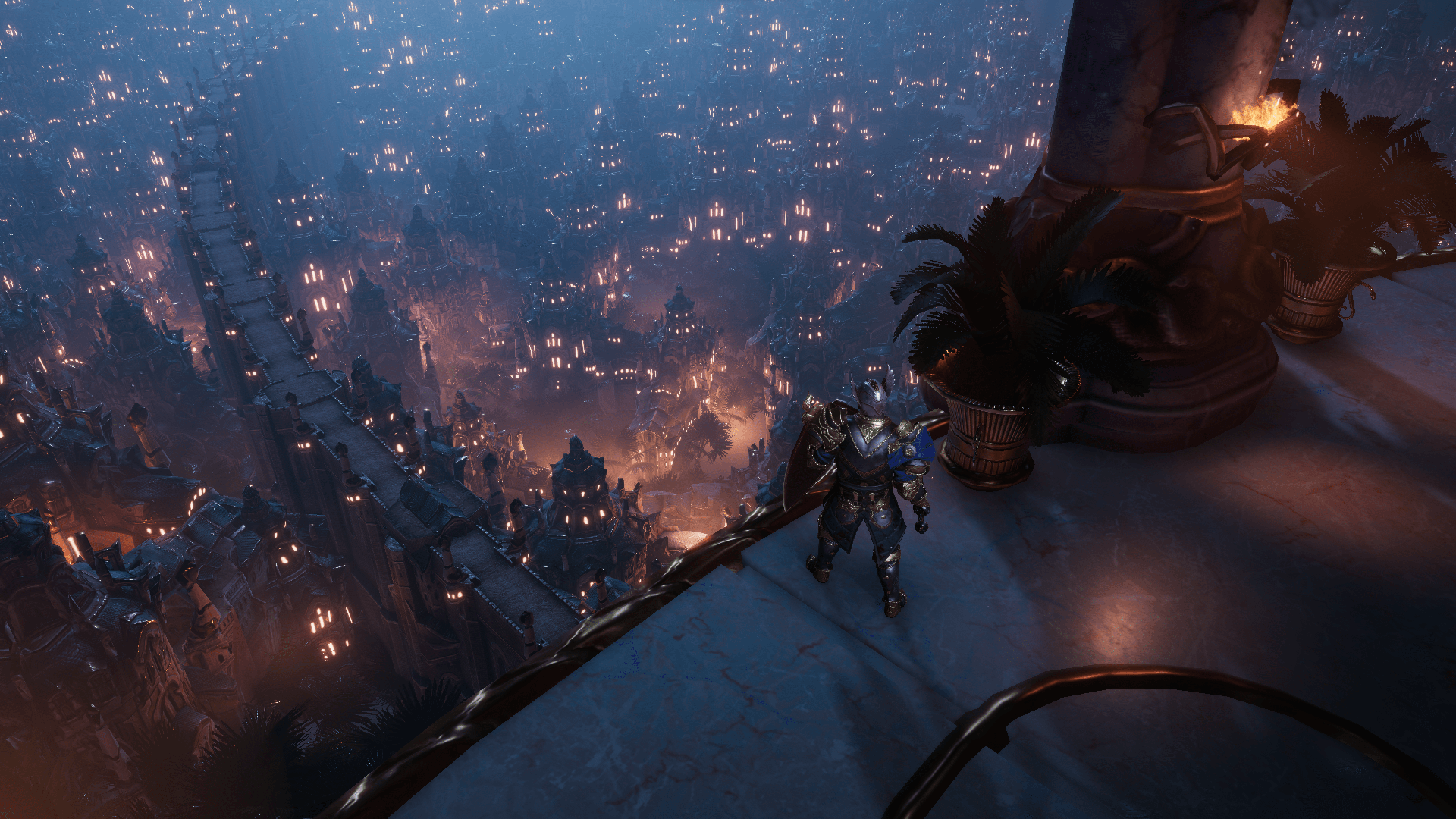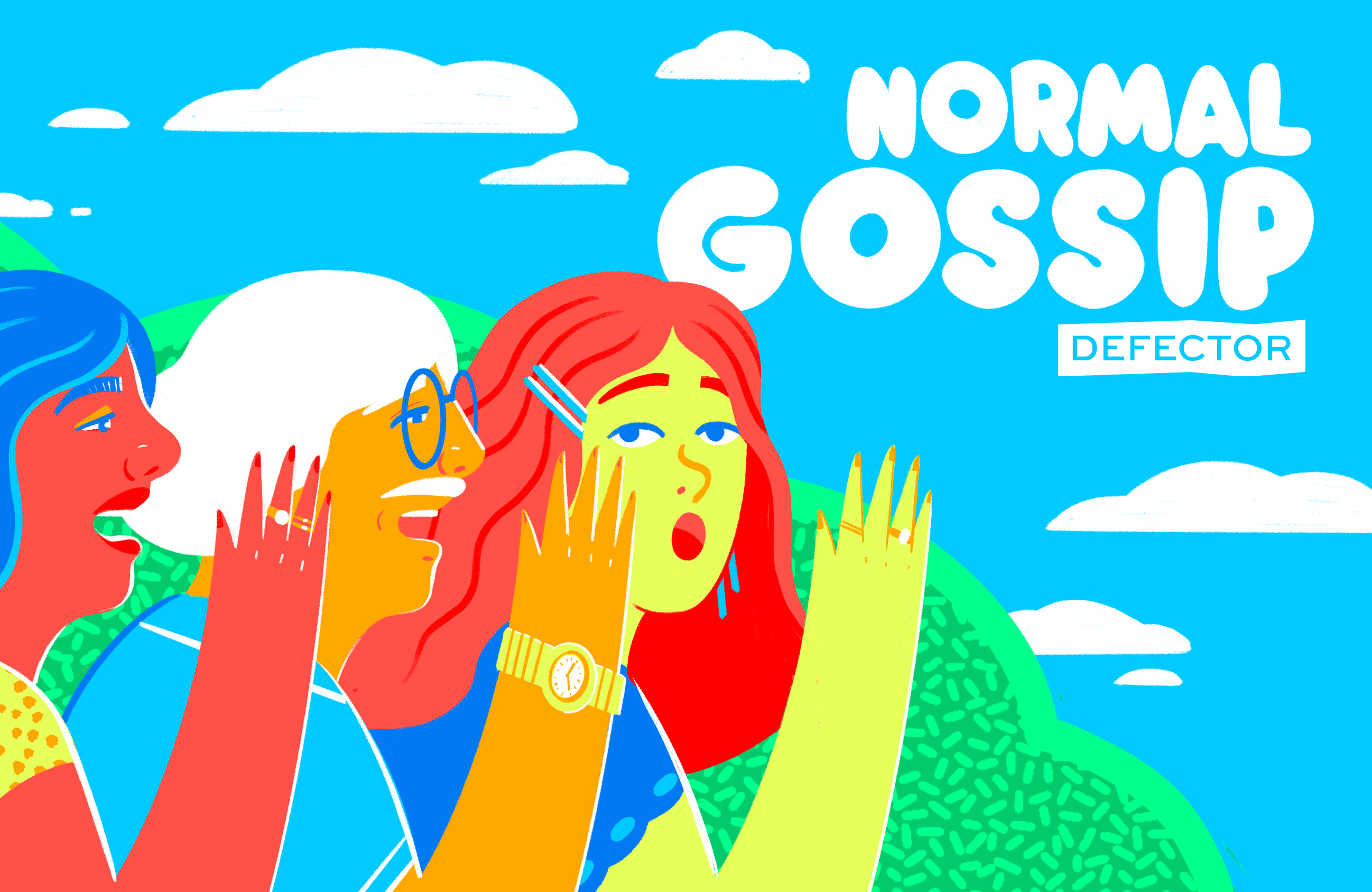As a staunch Final Fantasy fan, I had circled Feb. 29 on my calendar ever since Square Enix announced the release date for Final Fantasy 7: Rebirth. The second in the company's epic plan to completely rebuild and re-conceptualize its most popular video game follows 2020's Final Fantasy 7: Remake, which hit in the throes of quarantine and, frankly, gave me something to stave off the ever-encroaching loneliness that period of time chucked on the world. I have been excited for Rebirth since the end credits rolled on Remake, and this week should have been all about getting myself ready for part two. The only problem is that I can't stop playing Last Epoch for long enough to care.
As evidenced by some of my articles on this website, I love action role-playing games. Particularly, I love the Diablo series, but the last two releases in that titanic leader of the genre, Immortal and IV, have been lackluster. Last Epoch is better. Much better, in fact. It's got a smoothness to the gameplay that makes every type of character feel like a million bucks (I am playing a Torment Warlock, and the way the skills seamlessly interact with each other is still surprising me at level 93, out of a total of 100). It's got a deep endgame loot system, which Diablo IV forgot despite it being the most important part of ARPGs. And Last Epoch also has something more nebulous but perhaps more important than anything Diablo IV could hope to acquire: a genuine rooting interest in the game's success.
Designed by Eleventh Hour Games, Last Epoch is a so-called mid-budget game, both in what it costs to play ($35) and what it costs to develop and maintain. Eleventh Hour has a fraction of the manpower and bank account that Blizzard can throw into any Diablo game. If there is a problem, and there have been problems with every part of Diablo IV since its July 2023 launch, at least gamers can be assured that a bajillion people, roughly, will work on it. Last Epoch doesn't have that safety net, and it has shown already since its release on Feb. 21. An important note here: I do think there is a difference between mid-budget games and the "indie" genre, which, to me, is less defined by the independent studios behind them and more by the addictive and sometimes cutesy properties of its gameplay. I love Stardew Valley and Slay the Spire, and I will probably check out Balatro in due time, but those games are different in scope and ambition than something like Last Epoch.
Immediately upon launching, the Last Epoch game servers took a giant nosedive. By the time I attempted to play after work on release day, roughly six hours after the game went live, it was almost unplayable; players could not enter different areas of the game without connection errors, and unfortunately the main story in the game has you going from area to area roughly every five minutes. Things didn't improve much until five days after release.
In 2024, five days of server instability would doom any game, no matter the hype, and there was a lot of hype here. Part of the issue was that Last Epoch surged from roughly 40,000 players online at once during its "early access" period (this might be for another article, but games being in early access for almost five years, like Last Epoch was, are stretching the definition of that term) to about 200,000 on release day, according to Steam's data. That's going to be hard enough for any company to deal with, but especially one the (small) size of Eleventh Hour.
Predictably, the game's Steam reviews began tanking, but something interesting happened elsewhere, on the game's Discord, Twitter, and Reddit: People understood. Not everyone, of course, but there was a general wave of positive sentiment towards Eleventh Hour, seemingly spearheaded by players who got to try Last Epoch in early access and could rave about the gameplay that was awaiting those with a bit of patience. I barely played that version of the game, but I felt the same way; Eleventh Hour might be a company, and companies don't have feelings, but the developers seemed to give a shit about this game and about delivering a great experience. I was willing to be annoyed for a bit to unlock that experience, and now that the game is smooth and playable, I am doing just that. I'm genuinely rooting for Eleventh Hour to deliver the game they want to deliver.
Similarly, I am rooting for Helldivers 2 and its designers at Arrowhead Game Studios. Honestly, Helldivers 2 might be even more of a success story than Last Epoch, even with its own server issues. The game throws Starship Troopers and Terminator together into a shooter wave defense game, of sorts. Players are dropped into various planets around the universe and have to fend off giant bugs or killer robots (and I do mean killer; they are much harder than the bugs) in order to level up and get better tools to ... kill those bugs and robots more efficiently. It's a simple gameplay loop, but it's a satisfying one.
Unfortunately, like Last Epoch, Helldivers 2 was not exactly ready for primetime. Despite the game releasing on Feb. 8, I didn't get around to it until the 20th, and even then, there were server issues up the wazoo. If you could even get in the game, connection to other players was spotty at the very best, making that conditional at the start of this sentence the real boss. Thanks to peaks of over 400,000 concurrent players, the game simply couldn't handle that type of rush, and instituted server capacity limits that would stop new players from logging in. The first day I tried to play, I hit that limit for about an hour (thankfully, the game auto-retries to join about once a minute) before getting in. To avoid this queue before even getting into the game, players had begun just leaving their game running for hours on end when they couldn't play, which in turn led to more congestion. It was a disaster.
The game is fun, though, especially playing in a party of four friends, and so the same general vibe that overtook the Last Epoch community showed up here. If anyone was mad at the developers, fine, they paid good money for the game while it didn't work. But the general feeling was that this was a great game, and that the servers would catch up and let everyone experience it. If anything, the anger was directed at those players who would leave the game running to avoid the queue; I don't quite agree with that, but it was heartening to see how people were mad at others for abusing a system, rather than the system for not being able to handle what was thrown its way.
Mid-budget games have a certain something that AAA games like Diablo or Final Fantasy can't match. There are rougher edges, to be sure, but those edges allow for a lot more creativity and innovation. Where Diablo IV might have the infrastructure of a great game, the bones of what is there have been lacking. I'd much prefer to butt heads against a bad server or an overworked matchmaking system in order to get to a great game that doesn't follow the same AAA formula. (I am still excited for FF7: Rebirth, but the reviews coming out have emphasized that the open world sections of the game are boring and derivative. Why does every big game need open world sections?! It's infuriating.)
Generally, these smaller games are more focused on the vision that created them. It's hard not to be when that vision usually comes from a small team of people passionate about the game, rather than thousands of developers at a company like Blizzard, all with differing views and skillsets that end up being mowed down by the whims of the higher-ups.
Games like Last Epoch and Helldivers 2 aren't perfect, even beyond whatever online shenanigans happen around their biggest periods of hype. Both have clunky interactions and questionable design choices that would have been better left on the cutting room floor, and Last Epoch especially feels rougher than a game with an active development period of over half a decade should. This is something you sign up for when you spend $25 to $40 on a game, though (both Last Epoch and Helldivers 2 cost me right around the $40 mark), and there's something freeing about having adjusted expectations. In the opposite way that I would hope a game like Cyberpunk 2077, with its millions of dollars and years of development, would actually work on release, I am ok with working through the kinks of these more humble offerings in hopes of getting a new experience. These types of games feel especially resonant right now, as the bigger studios lay off thousands of employees in what has been a dire start to 2024 for the games industry. The success of two small studios is an encouraging counterpoint worth rooting for.
In that sense, Last Epoch and Helldivers 2 have been worth all the money I spent on them, especially because the combined cost of both games was roughly five dollars more than what I paid for Final Fantasy 7: Rebirth on pre-order. I'll still gobble up a handful of AAA games every year (there's a reason I still play every World of Warcraft expansion), but it's this level of game that continues to hook me. Disco Elysium is clunky in a lot of its actual gameplay, but it also delivered a hell of an immersive visual novel experience for $32.65. A Way Out is barebones and full of quick-time events, but its story of a prison break and betrayal has brought me back for multiple playthroughs; $29.99 was worth the price of entry.
Even when a game of this price fails to grab me, like the $43.54 Rust and its survival gameplay that I just can't stand, I don't feel like I've wasted a ton of money on a game that will succeed with or without me. I'm invested in these types of games, and it feels good to support them, even when they're not exactly for me. That's a feeling I won't get with FF7: Rebirth, and when I have complaints about its open world or whatever narrative choices the game makes in contrast to the original, the $75 I spent on it will feel oppressively high compared to the hours of monster killing I've already done in Last Epoch.






